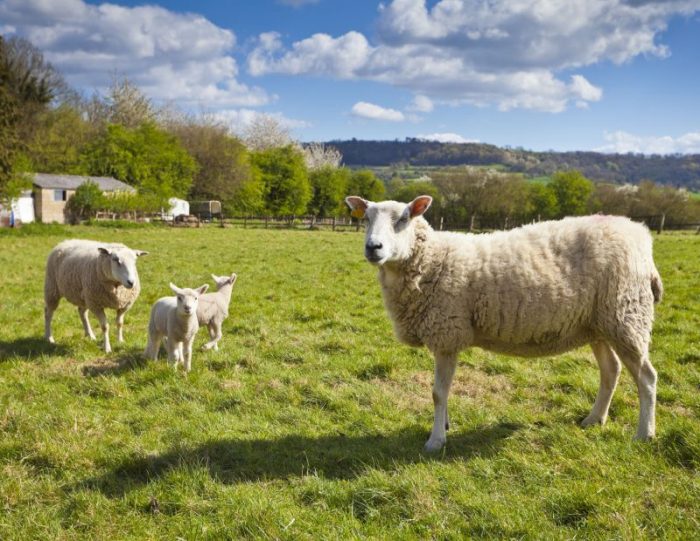
Farmers are being advised to plan treatment of liver fluke early this autumn in order to reduce the spread of the disease and to avoid major economic loss.
Liver fluke can spread to both sheep and cattle leading to chronic health problems which can reduce fertility, lower growth rates and increase susceptibility to other conditions.
Farmers are being advised by experts to implement prevention and control measures to reduce the risk of liver fluke this autumn.
Dr Rebekah Stuart, health executive at Hybu Cig Cymru – Meat Promotion Wales (HCC), said that prevention and control were as important as chemical treatments to reduce spread.
"There are a number of different control measures that can be carried out on a farm if a history of liver fluke is suspected," she explained.
“One measure would be to consider the farm’s grazing management; trying to avoid grazing high risk pastures.
“In order to manage the snail habitat, which is the intermediate host of liver fluke, consider fencing wet areas or, if suitable, draining the area to control the first step of the life cycle."
Dr Stuart said farmers should also consider monitoring flock or herds for infection by carrying out faecal egg counts, coproantigen tests, or blood serology.
Specific information on the risk level across Wales and the UK can be found on the National Animal Disease Information Service (NADIS) website.
The current summer liver fluke forecast on the NADIS website indicates a moderate risk to farms across Wales, western England and most of Scotland.
There is a low risk across the Midlands and eastern England. However, as the autumn months approaches, this risk could increase.
